Why Doesn’t God Reveal Himself?
C.S. Lewis’ final novel holds the answer hidden in plain sight.
If God exists, why doesn’t he reveal himself to us?
This is the central question of CS Lewis’ Till We Have Faces. It’s his last novel, and he considers this book his magnum opus.
The story is a retelling of the Greek myth of Cupid and Psyche, following the grieving heart of a protagonist who loses her beloved sister, and curses God for it. She’s enraged at God, denies his existence, and searches for the answer to life’s meaning in light of grief, suffering, and death.
Ultimately, this novel is Lewis at his best. His novel doesn’t just address the hiddenness of God, nor the problem of evil, but reveals how you can find the face of God yourself through life’s countless trials and tribulations.
Reminder:
I offer one on one coaching for men, focusing on faith, fitness, and the Great Books. More info here.
Additionally, if you’d like to support my mission of restoring Truth, Beauty, and Goodness to the West, subscribe below!
A Sacrificial Offering
Orual is the story’s protagonist. She’s the eldest of three daughters to the king of an unnamed kingdom in Ancient Greece. Despite her nobility, her life is miserable.
Her mother died young, and her father is physically abusive, viewing his daughters as commodities to be sold for political gain. Worse, Orual is ugly and seen as a ‘cheap commodity’ compared to her sisters, though her looks are the least of her problems…
Orual’s only solace in life is her sister Psyche, who’s beautiful, kind and loving. Orual protects Psyche’s innocence and seeks to shield her from all harm. Unfortunately, however, a famine strikes the kingdom, and the priests claim God’s wrath has fallen upon the king. Only one thing will satisfy God’s wrath:
Sacrificing Psyche.
Upon hearing the news, Psyche consents to be sacrificed, to Orual’s despair. Psyche is left to be sacrificed in the woods, and her body disappears without a trace. Orual, however, refuses to accept this fate.
She questions if God even exists, and is convinced Psyche is still alive…
A Daring Rescue Mission
Orual seeks Psyche into the wilderness. She ventures beyond her kingdom’s territory, and finds Psyche alone in rags. The sisters embrace with joy, and Orual pities her sister’s presumed sufferings… but something strange happens:
Psyche isn’t saddened, but joyous.
She tells Orual that God has not sacrificed her, rather taken her to be his bride. They live in a wonderful castle in an Edenic paradise, and there’s only one rule — Psyche can never look upon her husband’s face. They only commune in the bed chamber in darkness.
Orual is skeptical — her sister is covered in rags, not a dress, and when Psyche gestures to her castle, Orual can only see wilderness. She believes Psyche is delusional, and this “God,” is none other than a mountain man who’s abusing her sister. Yet to Orual’ s despair, Psyche refuses to leave. She is too happy to abandon her husband.
Orual then leaves her a final ultimatum:
Break this “God’s,” only rule and shine your light on him when he sleeps. If you don’t, I’ll take my own life.
Psyche despairs but relents. Though Orual doesn’t yet know it, she’s condemned her sister to a fate worse than death…
Paradise Lost
Psyche disappears into the woods. All is dark and silent, until a small light flickers in the distance — Psyche shining her light on her husband.
Suddenly, there’s a loud roar and the entire forest shakes. Psyche screams in despair and runs into the wilderness, never to be seen again.
Moments later, a spirit visits Orual with a foreboding message:
Psyche is to wander in exile for the rest of her life. For Orual, the spirit decrees, “You too will be Psyche.”
Orual believes this to mean she must suffer like Psyche suffers. She decries God for the rest of her life, stating it was his fault that Psyche’s happiness was ruined. If this “God,” had just shown himself, Orual would have left Psyche alone.
With anger, Orual vows to hide her face with a veil for the rest of her life… (semi-spoilers ahead)
Putting God on Trial
Afterward, Orual becomes queen and seeks escape in work. Her kingdom prospers, but she keeps her face veiled and her anger at God alive.
Near the end of her life, she writes a final “accusation” — a book condemning God for his injustice and cruelty, that is, if he even exists.
Soon after, a vision comes to her in a dream. Orual stands in a courtroom before the Spirit of God. An audience awaits as she’s given the chance to make her case against him.
But when she looks upon God’s spirit, her heart sinks. She bows her head in silence and shame… but why?
A hidden truth long buried in her heart comes to light: it was not God who was unjust, but she.
Not only had she coerced Psyche into breaking divine law — worse still, she was jealous. She wanted Psyche for herself and resented her happiness. Her love was possessive, tainted, and it was her jealousy that forced Psyche to ruin. Orual is crushed by this revelation, but repents of her wickedness, and wakes soon after.
It’s here that she shares her grand insight, finding the answer to the question that haunted her life, namely, why has God hidden himself from me?
She writes:
“My complaint against God was the answer. To have heard myself making it was to be answered…
I saw well why the gods do not speak to us openly, nor let us answer. Till that word can be dug out of us, why should they hear the babble that we think we mean? How can they meet us face to face till we have faces?”
All her life she accused God of hiding himself and causing their ruin. Yet in his presence, she realizes the truth: she had been the one hiding. She literally veiled her face, and figuratively hid from God through her accusations. It was easier to curse God than face her own wickedness, and admit that she longed for Psyche’s joy, even to be wed to God herself.
So finally, in Orual’s repentance, God’s prophecy has come true — “You too shall be Psyche.” Orual now embraces God, with the promise that God shall wed himself to her too.
Orual can finally see the face of God, for she has ceased hiding her face from God.
Conclusion
Indeed, we cannot see the face of God until we first stop hiding our face from God… Providence does not appear Till We Have Faces.
By the story’s end, Orual reaches a satisfying moral maturity:
“I ended my first book with the words ‘no answer.’ I know now, Lord, why you utter no answer. You are yourself the answer. Before your face questions die away. What other answer would suffice? Only words, words; to be led out to battle against other words.”
So the answer to finding God is not primarily through the intellect. It might begin with a search in the mind, but God is only experienced through the heart — through the humility of one who is honest of their shortcomings, and who genuinely desires to see God, who repents, and ceases to “hide their face,” in a mock imitation of Adam and Eve.
As the promise goes, to those who genuinely ask, they shall receive, and all who dare to seek shall find what their heart desires.
Thank you for reading!
If you’d like to go deeper:
I offer one-on-one coaching for men on faith, fitness, and the Great Books. More info here.
Subscribe for free to receive weekly emails exploring the Great Books and their lessons on Truth, Beauty, and Goodness.
Paid members get an additional members-only email each week!



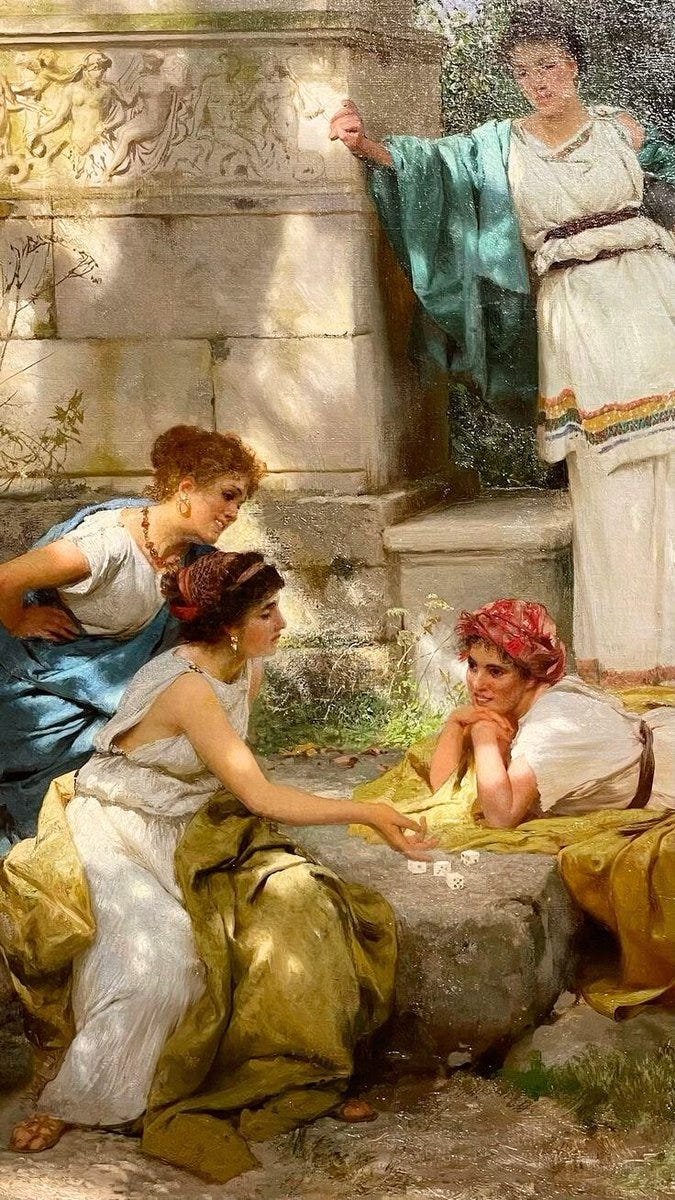
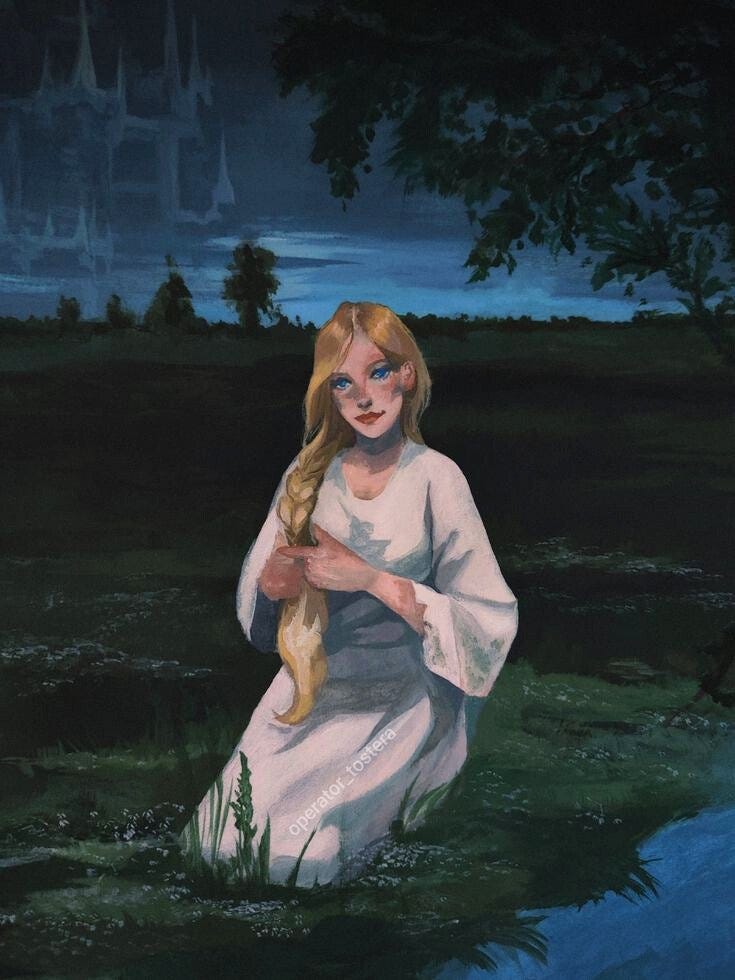
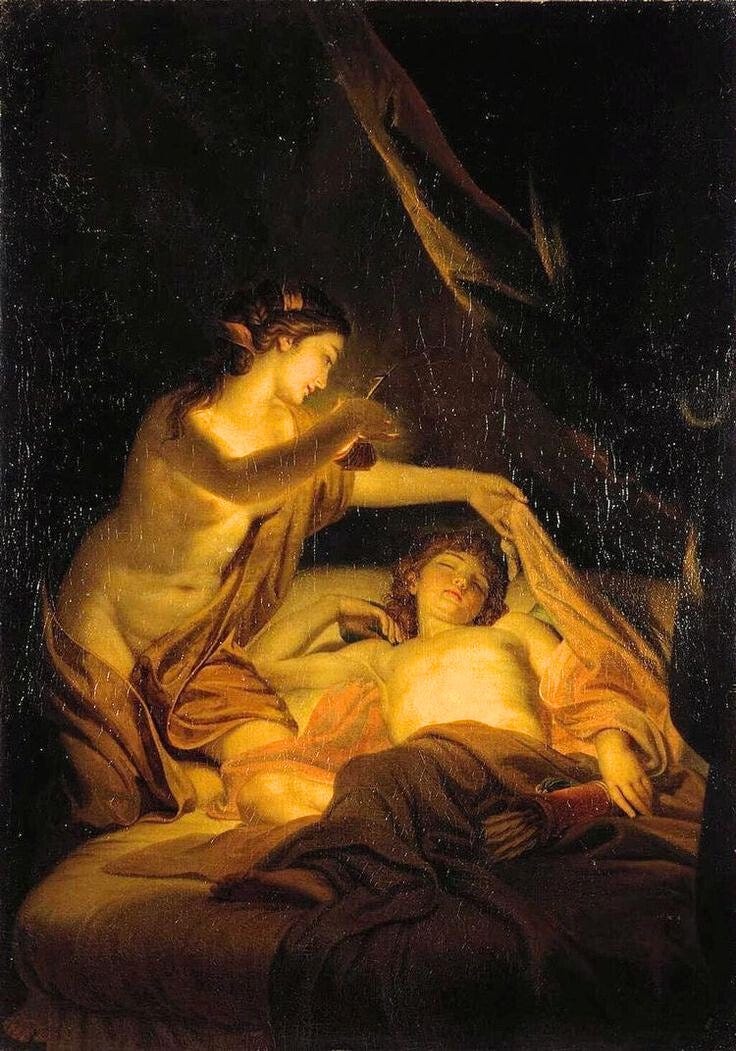
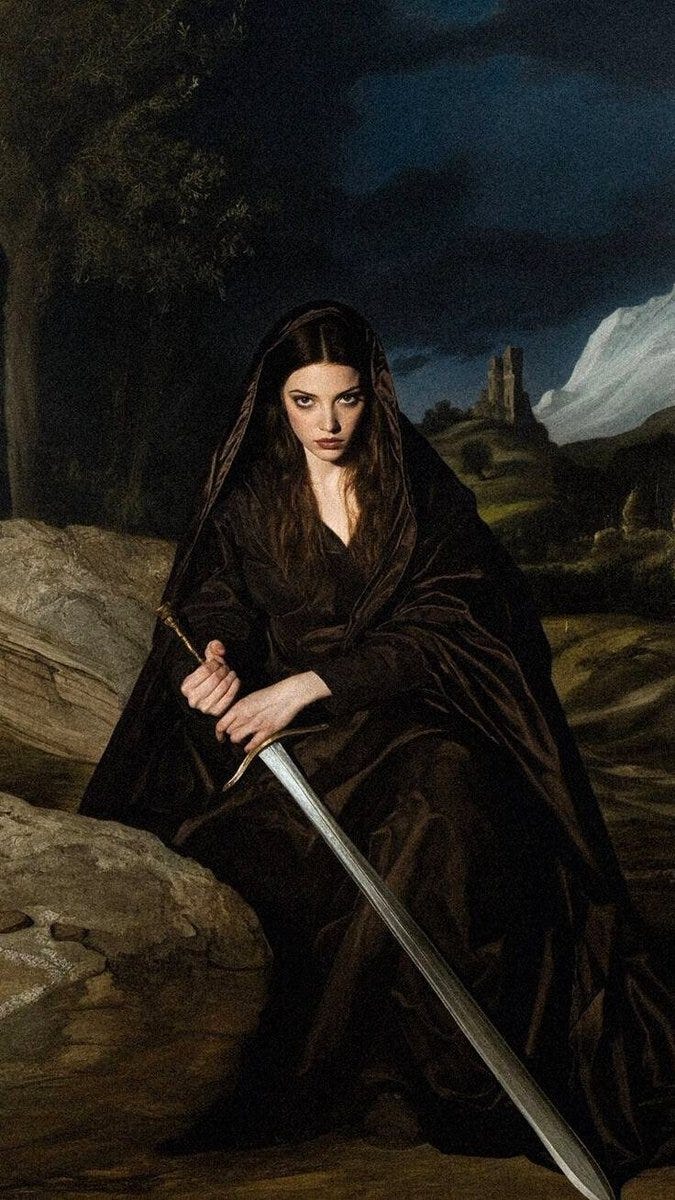
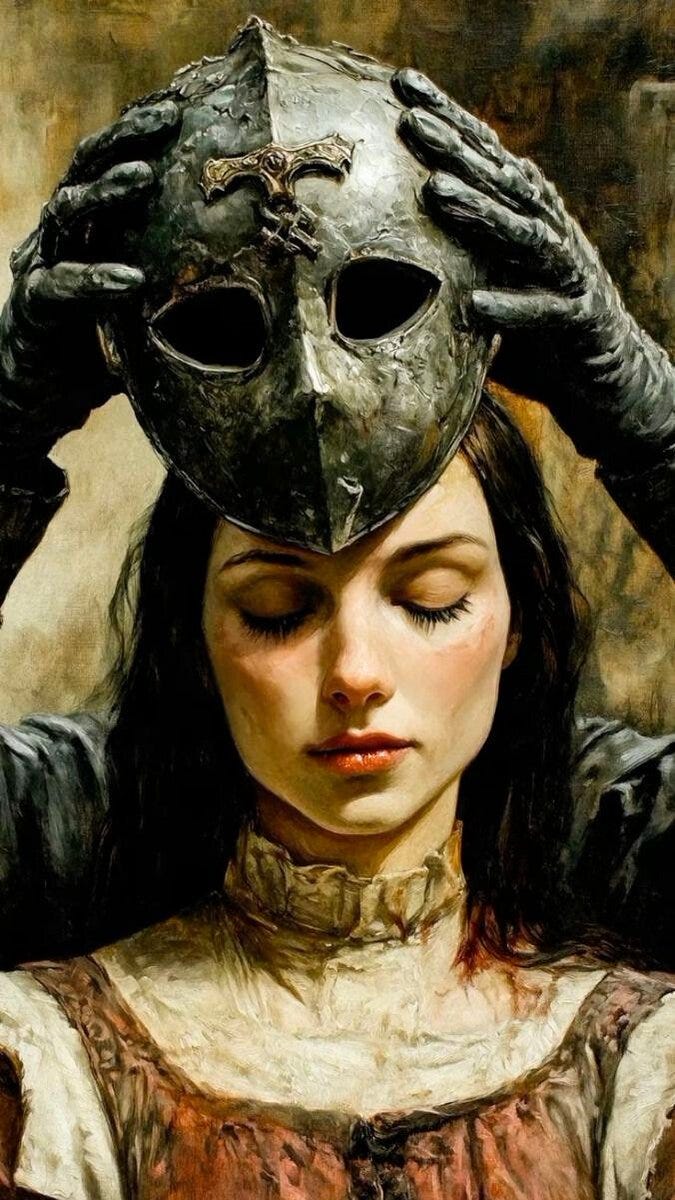
This was absolutely profound. I now know I NEED to read this book. Thank you for this beautiful article.
Thank you for this! 🥲🤍